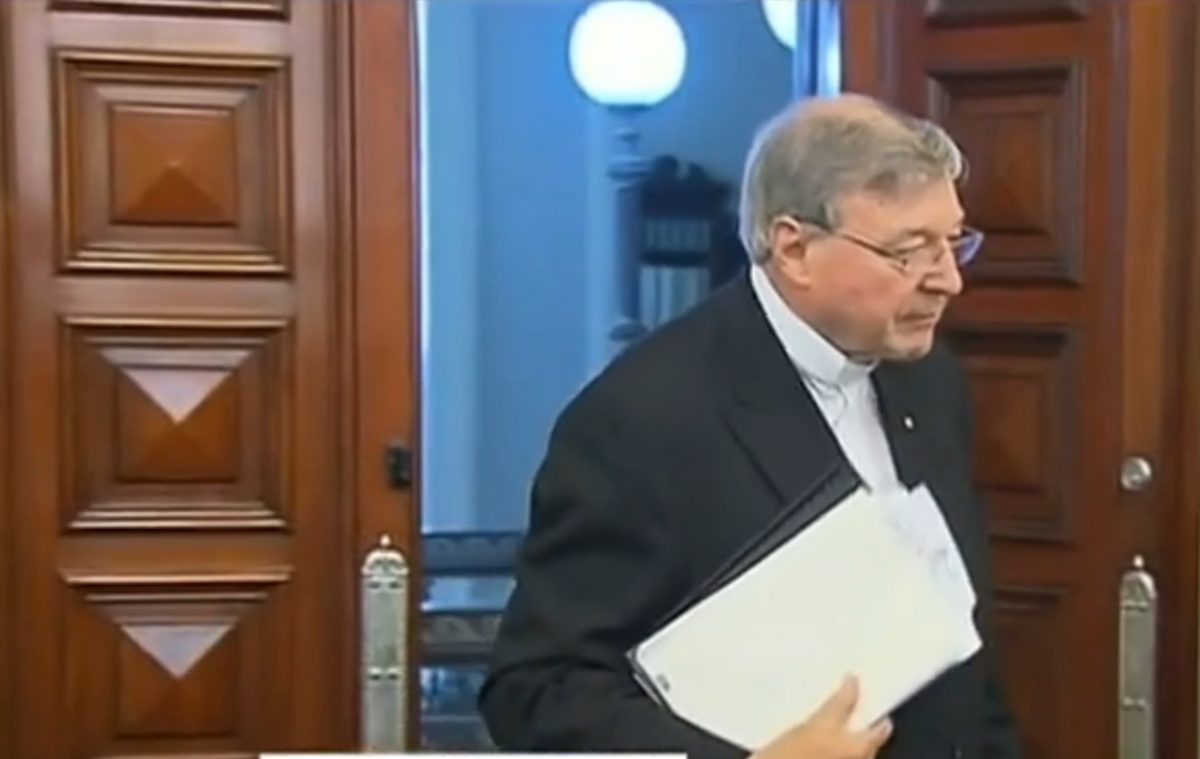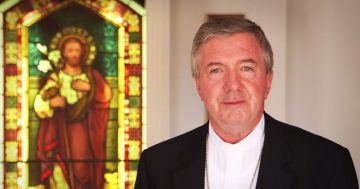
The late Cardinal George Pell remains a polarising figure. Photo: Facebook.
Reading, watching and listening to coverage on the sudden and unexpected death last week of Cardinal George Pell it was hard to believe they were all talking about the same person.
In death, as in life, Cardinal Pell was a polarising figure. And in death, as in life, the media drew their line in the sand and refused to cross. Surely they couldn’t all be right? Those who wrote (and it was almost exclusively in one print media outlet) glowingly of the life and legacy of Cardinal Pell pinned their coverage around the unanimous High Court decision quashing all charges against Australia’s most senior Catholic.
They conveniently ignored the findings of the Royal Commission into Institutional Response to Child Sexual Abuse, which was headed by former NSW Supreme Court justice Peter McClellan KC.
The commission raised serious questions about Pell’s knowledge of child sexual abuse cases while he was a priest, a bishop and an archbishop in Ballarat, Melbourne and Sydney over two decades from the mid-70s to the mid-90s.
In a damning report, the Commissioner found large slabs of Pell’s evidence difficult to believe. The commissioner found some of his testimony to be implausible, other evidence to be inconceivable. It was not an easy read for Pell’s supporters, and especially those in the media.
Rather than accept the findings, supporters set about trying to discredit the royal commission. One of the arguments was that the inquiry was unfairly focused on the Catholic Church. While this may well have been the case, it doesn’t lessen the impact of the Commissioner’s findings.
And then on the other side of the coverage of Pell’s passing, the commentators who still refuse to accept the unanimous verdict of the High Court, preferring to focus exclusively on the findings of the royal commission.
The High Court verdict should have ended the argument once and for all surrounding the charges Pell faced. But just like Pell supporters refuse to accept he was asleep at the wheel while child sexual abuse cases were occurring under his watch, Pell’s enemies refuse to accept that the Catholic Cardinal was not a pedophile.
I am not a Catholic. I’m an atheist. So I am not qualified at all to comment on how the Catholic Church is being run, on whether it is still in 2023 relevant or whether it is badly in need of an overhaul.
But it’s obvious George Pell was very uncomfortable with the changes the church was making to try to keep apace with a community that was embracing issues like same-sex marriage and abortion.
The opposing arguments about Pell’s innocence or guilt will continue forever. The issues he raised in an anonymous memo about the pace of change in the Catholic Church need to be debated now.
According to Census figures, the number of Catholics in Australia has been slowly dropping in recent years. Years of sex abuse scandals have taken their toll, but the Pell memo should spark another discussion on how the Catholic Church can hold on to its current members, and even attract new believers.
Many of those who have walked away from the Church believe it was leaders like Pell who were bringing it down. Francis Sullivan was appointed by the Catholic Church as CEO of the Truth, Justice and Healing Council, formed to coordinate the church’s response to the Royal Commission’s findings.
He recently became Chair of Concerned Catholics Canberra Goulburn, a group concerned the church is no longer meaningful to Australians in the 21st century.
“His (Pell’s) brand of Catholicism has proved to be unpopular and alienating to most Australians,” Sullivan said.
The death of George Pell has forced into the open a discussion on where the Catholic Church is at in 2023, and where it is headed.
















